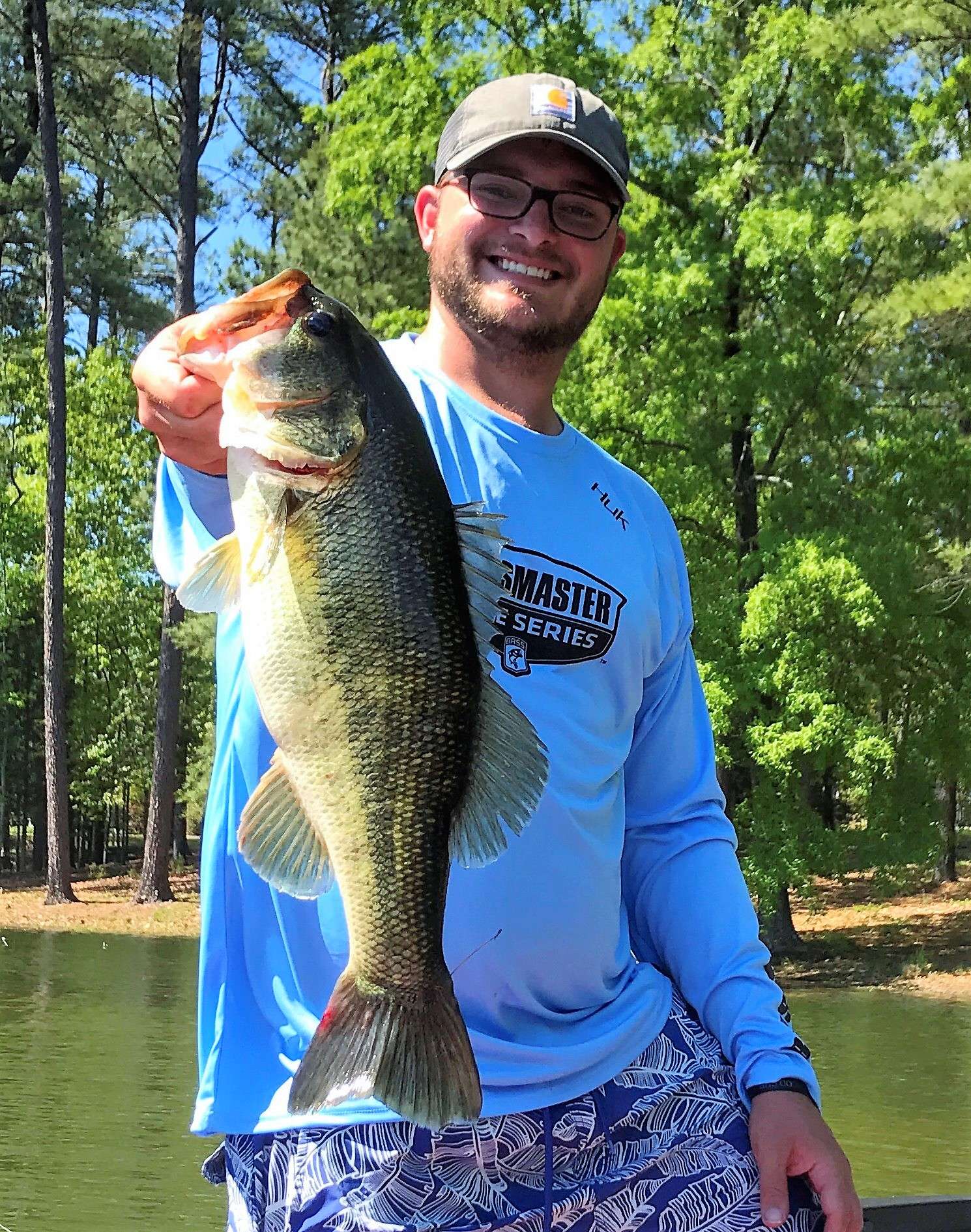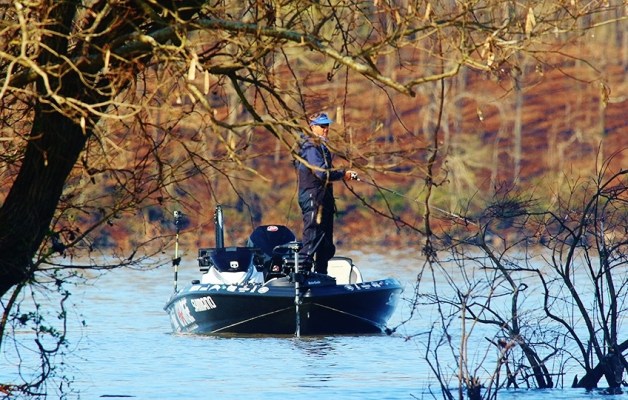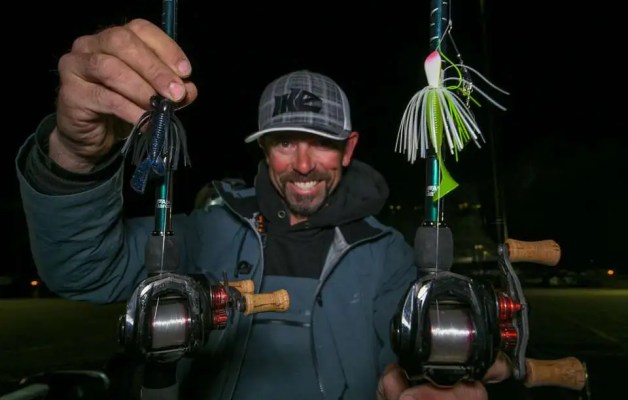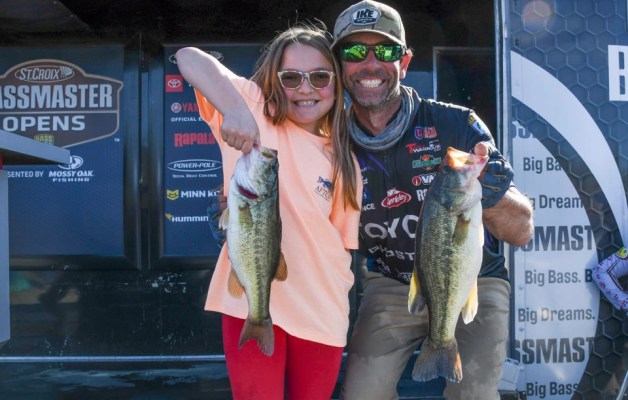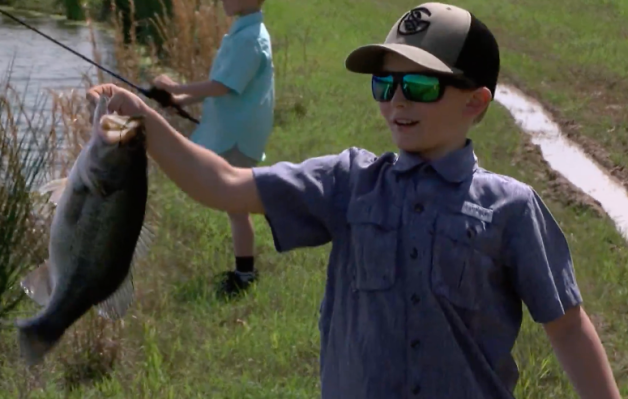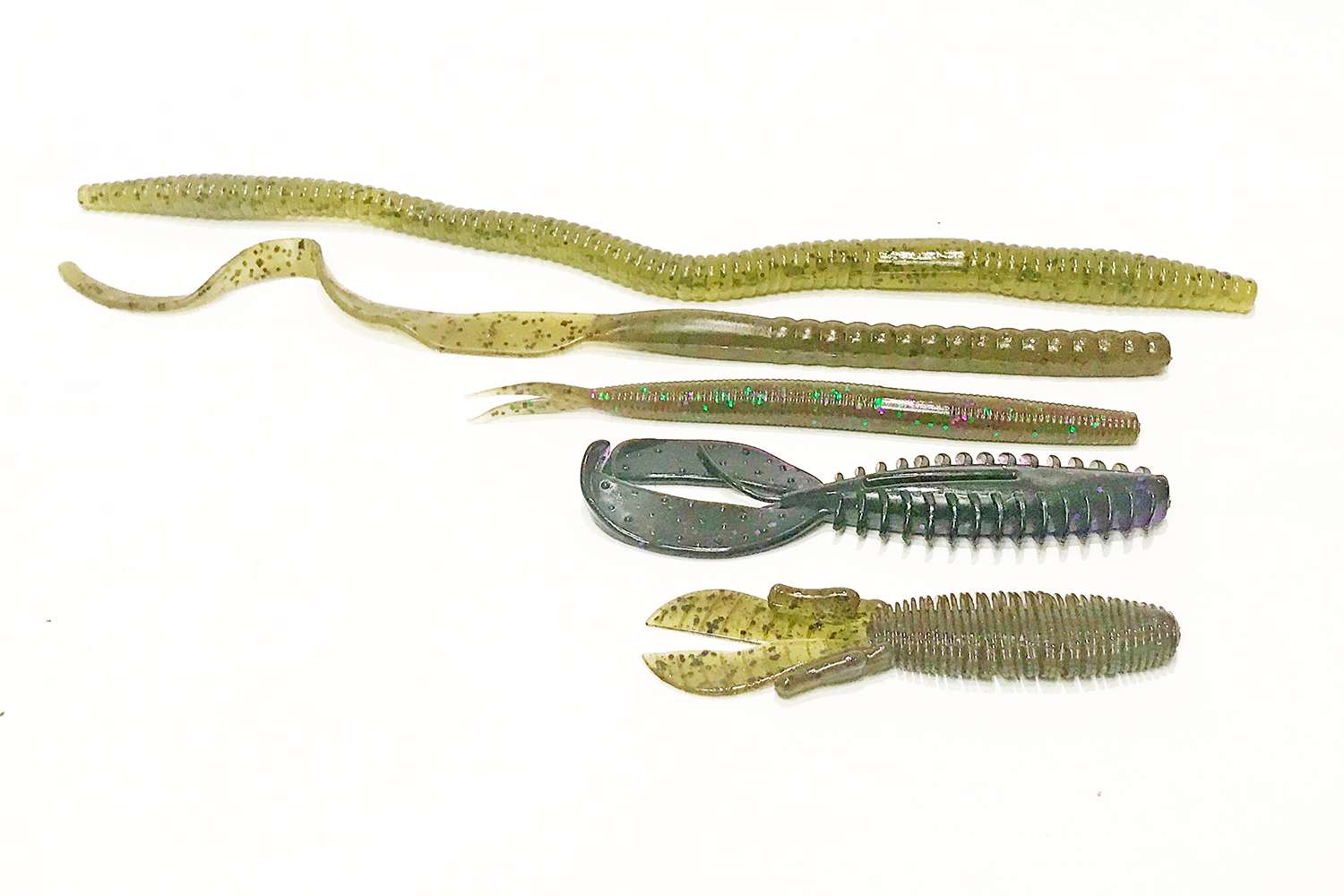
Big baits, big fish?
We’ve all heard it, big baits for big bass. Let me first say, the biggest fish in the pond will still eat a smaller bait, but a larger version of the Texas rig may increase the chance at catching a giant fish. Many times, large fish are lazy and want a substantial meal they can eat effortlessly. This can be a 10-plus-inch ribbontail worm being slowly dragged along bottom in the heat of Summer, or a bulky creature-style bait being punched through a grass mat in the Florida winter.
Water temperature and bait size
Generally, a rule of thumb in bass fishing is in colder water you throw smaller baits, and in warmer water you throw larger baits. I am not here to make an argument for that notion, however bass do have a greater metabolism in warmer water, thus increasing the likely success of a larger profile bait. Big Texas-rigged worms in the Summer are the perfect example, but you also have the infamous A-rig scoring numbers of big fish in the middle of winter. Even when punching matted vegetation, a cold front can be the difference in the profile of crawl-style bait that is being used, even if that is simply less appendages or a lesser bulk.
Covered up
Employ big soft plastics in cover and smaller soft plastics when there is less cover. One reason for this is in dense cover, a smaller plastic can be covered up — virtually camouflaged in an abundance of foliage. Large worms stand out more, making the bait easier to target for the bass. Keep in mind where your bait is, or where it is going, when making this decision. If you are punching matted vegetation, and the actual canopy is relatively free of grass, use a smaller bait than you would if the abundance of grass was below the surface.
The size of your soft-plastic presentation does matter. Targeting large bass with a Texas rig can be an overlooked technique, but sticking to these rules will help select the right size, for the right bass on your next fishing trip.
Part 1 | Part 2 | Part 3 | Part 4 | Part 5
Editor’s Note: Are you new to bass fishing? Explore our Bass Fishing for Beginners page to find dozens of tips for new bass anglers.

